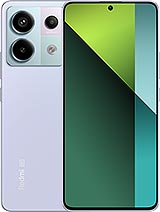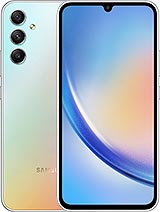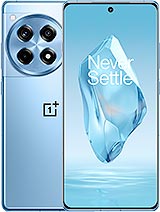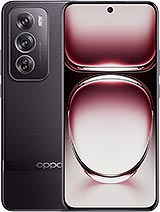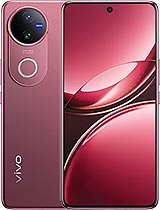Poco X7 Pro alternatives
Tap above to see alternatives.
Vivo V50 alternatives
Tap above to see alternatives.
Poco X7 Pro

Poco X7 Pro
-
Dimensity 8400 Ultra
4 nm
-
6550 mAh
90W
-
6.67"
1220 x 2712 pixels
-
50 MP
4K@24/30/60fps
- Specs
1x3.25 GHz Cortex-A725
3x3.0 GHz Cortex-A725
4x2.1 GHz Cortex-A725
1x2.63 GHz Cortex-A715
3x2.4 GHz Cortex-A715
4x1.8 GHz Cortex-A510
12GB 256GB (UFS 4.0)
8GB 256GB (UFS 2.2)
12GB 256GB (UFS 2.2)
12GB 512GB (UFS 2.2)
f/1.5, 26mm (wide), 1/1.95", 0.8µm, PDAF, OIS
8 MP
f/2.2, 15mm (ultrawide), 1/4.0", 1.12µm
f/1.9, 23mm (wide), 1/1.55", 1.0µm, PDAF, OIS
50 MP
f/2.0, 15mm, 119˚ (ultrawide), 1/2.76", 0.64µm, AF
1080p@30/60/120/240/960fps
1080p@30fps
f/2.2, 25mm (wide), 1/4.0", 0.7µm
f/2.0, 21mm (wide), 1/2.76", 0.64µm, AF
1080p@30fps
SIM1: Nano, SIM2: Nano
SIM1: Nano, SIM2: Nano
14 5G bands
n1, n2, n3, n5, n7, n8, n20, n28, n38, n40, n41, n48, n77, n78
9 5G bands
n1, n3, n5, n8, n28, n40, n66, n77, n78
In this performance comparison, the Poco X7 Pro with its Mediatek Dimensity 8400 Ultra (4nm) performs better than the Vivo V50 with the Qualcomm Snapdragon 7 Gen 3 (4nm), thanks to superior chipset efficiency.
Both phones launched with Android 15 and will get updates until Android 18. Both phones are expected to receive security updates until around 2029.
Both Poco X7 Pro and Vivo V50 feature AMOLED displays, offering vibrant colors and deeper blacks. Both smartphones offer the same 120 Hz refresh rate. Vivo V50 also boasts a brighter screen with 4500 nits of peak brightness, enhancing outdoor visibility. Notably, Poco X7 Pro offers a higher screen resolution, resulting in sharper visuals and more detailed content.
Poco X7 Pro comes with a larger 6550 mAh battery, which may offer longer usage on a single charge. Both devices support the same wired charging speed of 90W.
Both phones feature the same IP69 rating for water and dust resistance.
¹ Scores can vary even with the same chipset due to RAM, thermals, and software optimization.


